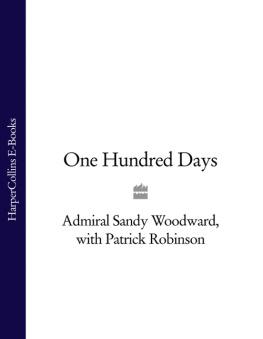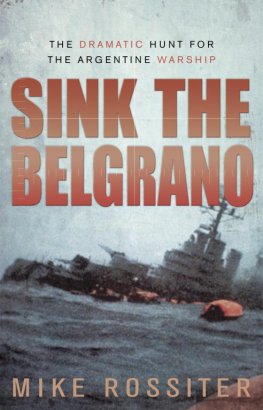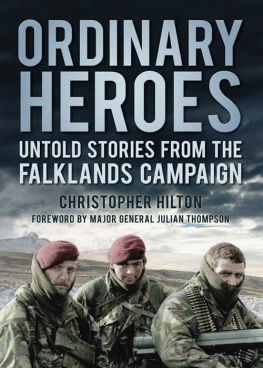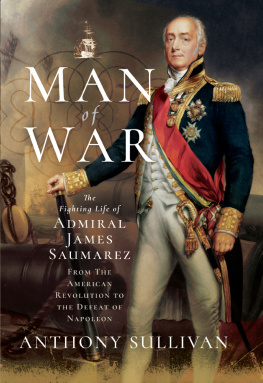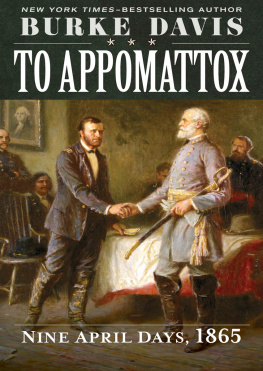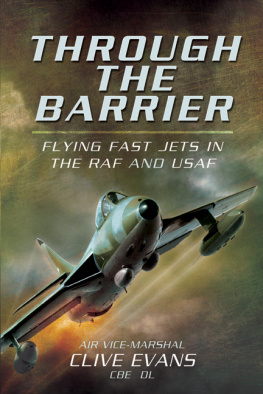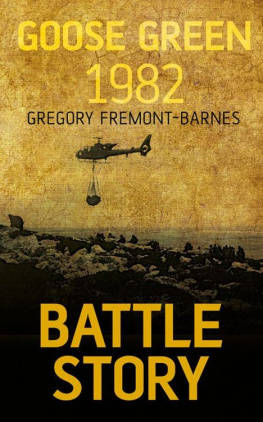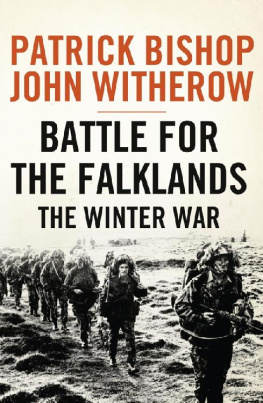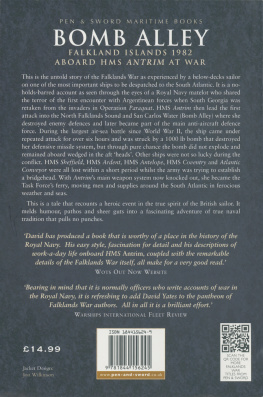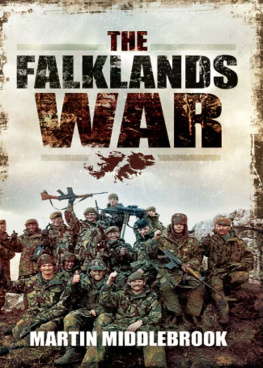It is not very easy to take a decision which commits your country to fight a war eight thousand miles from home. At such times it is impossible to clear the mind of the inevitable heartbreak of war of all wars and the grief of those families who suffer loss.
But on Friday, 2 April 1982, Argentina invaded the Falkland Islands.
On the previous Wednesday evening, John Nott, Secretary of State for Defence, had hurried into my study at the House of Commons, anxiety in his face, tenseness in his every movement. He told me that the Argentine Fleet had set sail, whether for another exercise or to invade the Falkland Islands, he knew not.
As the news hardened, I called several people together, ministers and advisers. If the islands were invaded, I knew exactly what we must do we must get them back. Their people were our people. Their loyalty and devotion to Queen and Country had never faltered. As so often in politics the question was not, what should we do? But, how could it be done? The Falklands were three weeks sailing time away three weeks warning to the enemy the seas were inhospitable and there would be no British air base on land. The Chief of Defence Staff was in New Zealand on an official visit. Other advisers were not very optimistic about our chances. But appeasement? Britain? Never. Admiral Leach joined us.
First Sea Lord, if this invasion happens, precisely what can we do? I enquired. I shall never forget the quiet, calm, confident answer.
I can put together a Task Force of destroyers, frigates, landing craft, support vessels, he said. It will be led by the aircraft carriers HMS Hermes and HMS Invincible. It can be ready to leave in forty-eight hours.
Once again, the hour had produced the man. It was to produce many more throughout the campaign Admiral Fieldhouse, whose warm humanity and sureness of touch never failed him or us; Admiral Lewin, Chief of Defence Staff, a tower of wisdom and strength; Admiral Woodward himself, who saw the risks, knew and felt every loss, and who raised morale day by day by day. There were many others, some known heroes, others whose valiant deeds are written on the scroll of life. Eventually we sent a hundred ships and twenty-five thousand men, but we were not to know that at the beginning.
The issue, from the start, was one of purest principle. Foreign governments all over the world waited, some of them anxiously, for our reaction. But British people, everywhere, knew there could be but one answer.
And, when finally the Royal Navy put the land forces ashore in Carlos Bay in the early hours of 21 May, one island farmer summed up, in a sense, what it is about us which so often sets this nation apart. Asked by an officer of the Parachute Regiment whether he was surprised to find the Task Force anchored in the Bay, the farmer replied, No, not a bit. We knew Maggie would come.
He said Maggie. But he meant Britain. He meant all of us. Because he knew that we, as a people, believe in the Rule of Law, in fair play and decency. We will not accept military hooliganism against us and I am perfectly certain that many small countries felt that much more secure when, in 1982, the British Lion again made his stand against a tyrant and for the rights of the citizens of the tiny, remote Falkland Islands.
This book, One Hundred Days, is written by a man whom, at the time, I had never met, but who was constantly in my thoughts throughout those dreadful weeks of the spring of 1982. He was then, to all of us, Rear Admiral Sandy Woodward, Commander of the Task Force. Later he became Admiral Sir John Woodward, Commander-in-Chief, Naval Home Command. But he will always be remembered as the senior British commander on the spot who bore the major responsibility for the recapture of the Falkland Islands.
As they have done so many times in past conflicts, the Royal Navy once more chose the right man to accomplish an extremely hazardous task. The tall, rather stern, former nuclear submarine commander sailed to the south with the highest academic and practical qualifications in naval strategy and operations, nuclear engineering, anti-aircraft missile defence systems, computer technology, and senior naval planning and management techniques. There were those who considered him the cleverest man in the Navy. French newspapers called him Nelson. He was precisely the right man to fight the worlds first computer war.
In this book he tells, finally, his own story as seen from the Admirals Bridge of the 29,000-ton carrier HMS Hermes. As a narrative, it is historically important because the Admiral allows us to follow his thoughts, his plans, his fears and, as a life-long career officer, his expectations of those who would fight with such high courage under his command sometimes against a near-suicidal enemy. He takes us into the heart of fierce actions fought by the Royal Navy both in Falkland Sound and on the high seas. When the British Fleet steamed through the night and passed silently below the Argentinian gun positions on Fanning Head as they made for the landing beaches, the tension must have been unbearable for the commander. In Chapter Thirteen he takes us with them, behind the guns of HMS Antrim.
In the end, Sandy Woodward shows himself to be not only a very great patriot and a superb sea-going admiral, he demonstrates to us who were not there the inevitability of his actions, how so many hard, critical decisions ultimately made themselves.
But I do believe his book, perhaps unknowingly, reveals the massive sense of justice that was ever-present in the minds of the men who fought in the South Atlantic. Some of them never came home. To them and their families, we owe an enormous debt of gratitude which we can never repay. I doubt if either the Admiral or I will ever be entirely free of that private, lonely responsibility.
I believe that all who read this very personal account of the war, will feel some pride in the kind of people we are, and in the country which gave us birth. We have a long heritage of freedom and in 1982 it was most nobly upheld by all of our armed forces who took part in the battle for the Falkland Islands.
MARGARET THATCHER, 1992
I have tried to write this book as if I were telling my story to a close friend. And to help me in this task I selected Patrick Robinson, who was thus obliged to sit very quietly, very patiently and do a great deal of listening none of which are his strong suits. I chose him because he is not a serving officer in the Royal Navy; indeed has never been in the Royal Navy, and so far as I know does not intend to sign on now. He is what you might describe as a layman an author who has written bestsellers about yacht racing and, in calmer waters, the University Boat Race.
But, in his own words, battleships had thus far eluded him. Which in one sense clarified my task (to him I would have to explain just about everything). But in another sense it made the entire project more onerous, in that I would be permitted to take nothing for granted on behalf of my readers. If there is one sentence I shall remember from Patrick for all of my days it will be the first time he felt he had to say: I have not the slightest idea what you are talking about and neither I suspect will anyone else! This occurred on Day One.
Why, you may wonder, did I not dispense with all of that heartache and self-inflicted grief by hiring a proper naval historian to assist me? Because, I suspected, it would be the kiss of death for a book such as this, for four principal reasons:
a) just about every historian I know has already written a book about the conflict in the South Atlantic;

